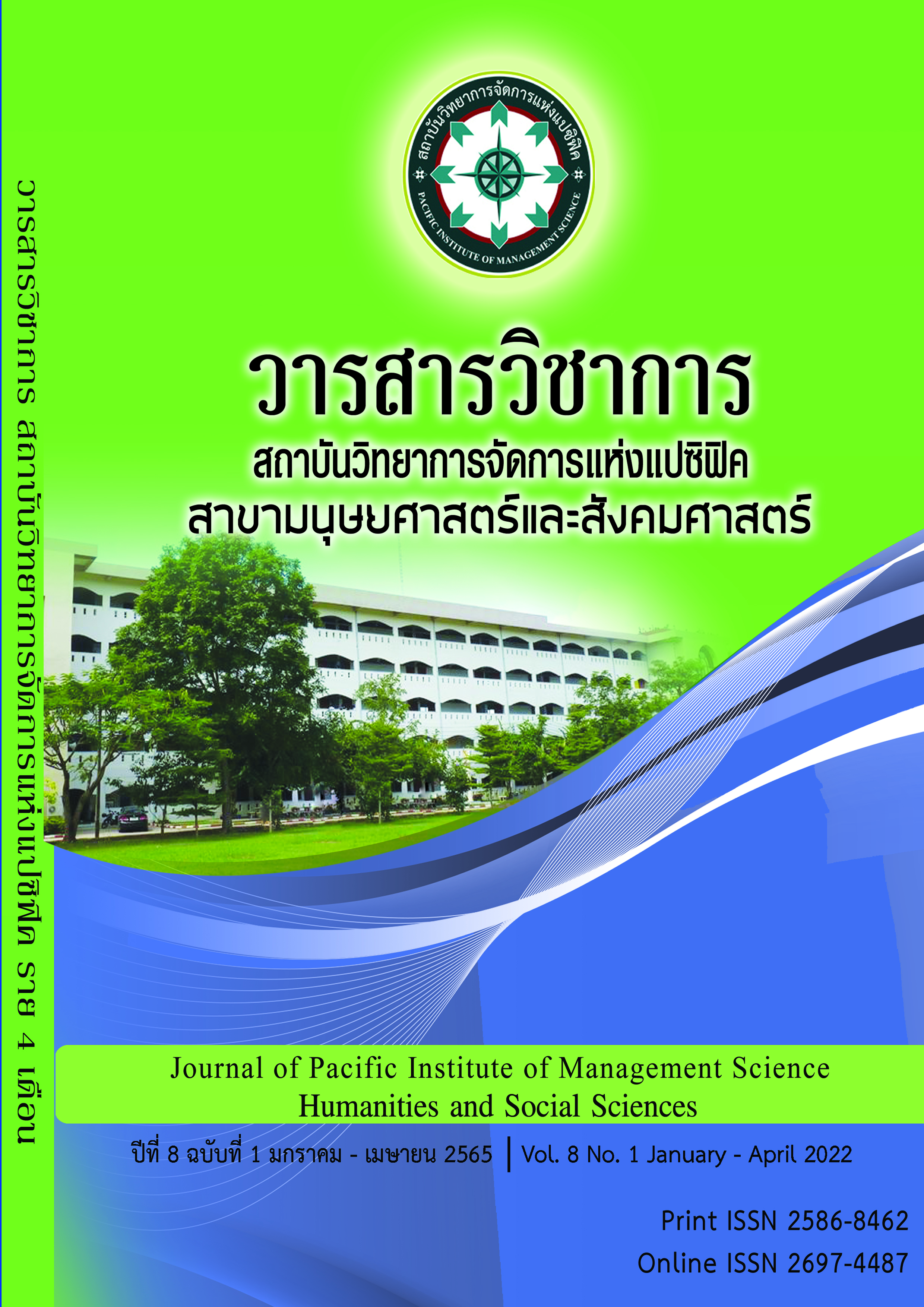Influence of Development Environment Satisfaction on Turnover Intention of Young Doctoral Lecturers in Universities in Mianyang, China
Keywords:
Development Environment Satisfaction, Turnover Intention, Organizational CommitmentAbstract
This article aimed to study the influence of young doctoral lecturers’ development environment satisfaction on their turnover intention. The target population of 673 young doctorate lecturers who has been working in the public universities in Mianyang city, China, and whose age is younger than 45 years old. There were 384 samples selected by adopting purposive sampling method according to Yamane’s Equation Formula. The instrument for collecting data was a questionnaire. This study was a quantitative research by using survey. The main tools of analysis were frequency, percent and linear regression analysis to test variables and to test hypothesis. All tests were based on 0.01 or 0.05 level of significance. From the analysis results, development environment satisfaction has a significantly negative influence on turnover intention. Organizational commitment has a significantly negative influence on turnover intention. Therefore, the universities could make efforts to increase satisfaction in growing-up environment and organizational commitment to prevent the generation of turnover intention. Universities should positively take more efforts to improve working environment and increase their satisfaction to stabilize talents and achieve the mutual development of young doctorate teacher and universities.
References
Alan Kirshenbaum (2002).Employee’s turnover intention and job destination choices .Journal
of organizational Behavior, vol.23, 109-125.
Barnes, L., Agago, M., & Coombs, W. (1998). Effects of job-related stress on faculty intention
to leave academia. Research in Higher Education, 39(4), 457-469.
Burchfield, A.M. (1997). Personality Composition as it Relates to Team Performance.
(doctorate dissertation). Stevens Institute of Technology. Stevens:67-101.
Cohen, A. (1993). Organizational commitment and turnover: A meta-analysis, Academy of
Management, 36(5), 1140-1157.
Ingle M. Larkin.(2015).Job Satisfaction, Organizational Commitment, And Turnover Intention
Of Online Lecturers In The K-12 Setting (doctorate dissertation). Kennesaw: 25-30.
Jiao Xu.(2017).Research on the forming mechanism and management countermeasure of the
turnover tendency of youth science and technology talents(doctorate dissertation). Chinese Academy of Agricultural Sciences Dissertation, Beijing: 8-20.
Qv Jing.(2017). Research on relationship model between need satisfaction and turnover
intention of soe executives (doctorate dissertation). Dalian University of Technology, Dalian: 19-22.
Yang Xiaolu. (2012).An empirical study on the influencing factors of the active turnover
intention of the new generation knowledge workers (Masteral dissertation). Taiyuan University of Technology, Taiyuan: 23-27.
Zhang Xuelian (2006). The study on the relationship between job satisfaction organizational
commitment and turnover intention among university faculty in shanx i(Masteral dissertation).
Downloads
Published
Issue
Section
License
Copyright (c) 2022 Pacific Institute of Management Science

This work is licensed under a Creative Commons Attribution-NonCommercial-NoDerivatives 4.0 International License.
บทความที่ได้รับการตีพิมพ์เป็นลิขสิทธิ์ของ สถาบันวิทยาการจัดการแห่งแปซิฟิค
ข้อความที่ปรากฏในบทความแต่ละเรื่องในวารสารวิชาการเล่มนี้เป็นความคิดเห็นส่วนตัวของผู้เขียนแต่ละท่านไม่เกี่ยวข้องกับสถาบันวิทยาการจัดการแห่งแปซิฟิค และคณาจารย์ท่านอื่นๆในสถาบันฯ แต่อย่างใด ความรับผิดชอบองค์ประกอบทั้งหมดของบทความแต่ละเรื่องเป็นของผู้เขียนแต่ละท่าน หากมีความผิดพลาดใดๆ ผู้เขียนแต่ละท่านจะรับผิดชอบบทความของตนเองแต่ผู้เดียว







